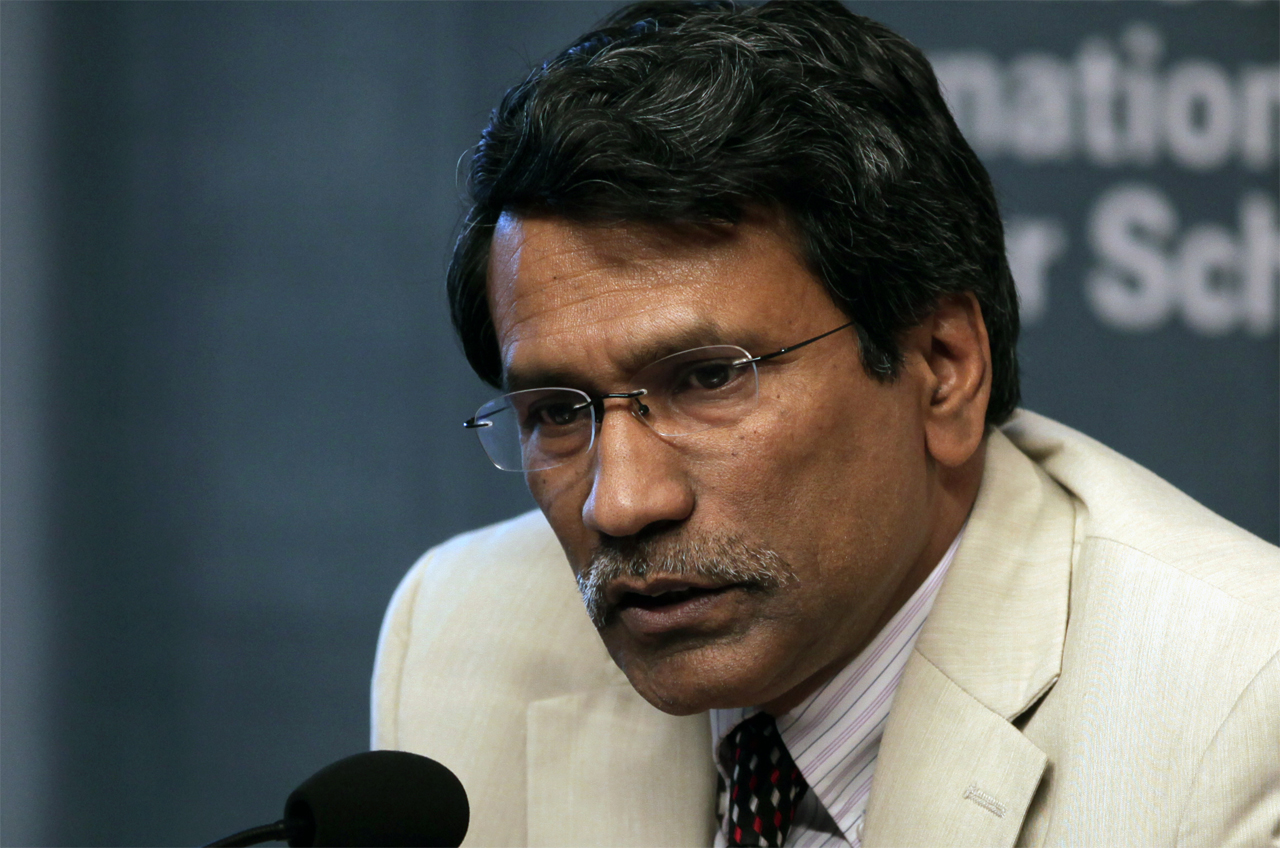University Professor and Chair of Politics and Government, Ali Riaz, was interviewed by The Daily Star about the integration of religious education into the mainstream education system in Bangladesh.
In Recognition of Qwami degree: Will this lead to integration? by Moyukh Mahtab, Riaz notes that the current ruling party in Bangladesh has been accommodating religious demands since “2015 when the Prime Minister and other government officials warned bloggers to be ‘sensitive’ about religion, particularly Islam.”
Therefore, Riaz argues, “recognition of one of the certificates of the Qwami madrasah is primarily not about education but a manifestation of political expediency. The decision is not entirely prompted by the forthcoming election as many are suggesting instead it’s a part of the ongoing tilt towards embracing a conservative interpretation of Islam.”
“The most important consequence of this move will be further decline of tolerance towards dissent, particularly on religious issues.” —Ali Riaz
The implications are thus not only about religious education; rather, according to Riaz, “the most important consequence of this move will be further decline of tolerance towards dissent, particularly on religious issues. In the past years, the state and the ruling party have stymied any expressions of dissent, through legal and extralegal measures. The rise of militancy has also contributed to this trend of intolerance. Add the furtherance of intolerance to the shrinking democratic space, you can understand the danger of it.”

